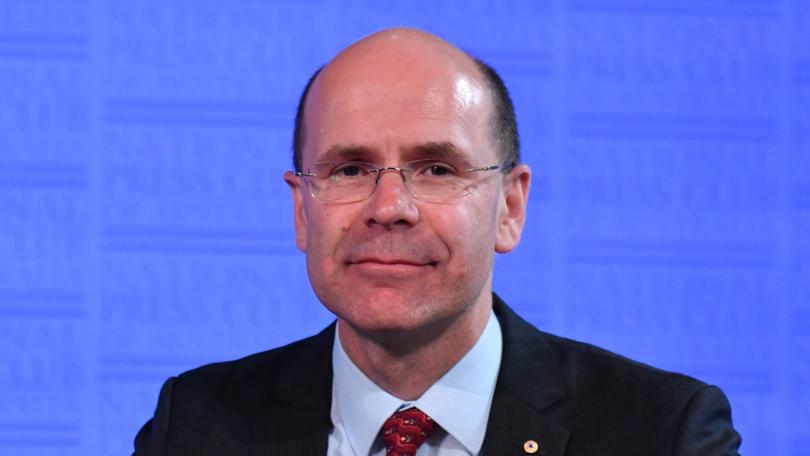Constitutional law expert George Williams thinks Government will win High Court case over deportation refusal
Constitutional law expert George Williams thinks the Federal Government will win the High Court case about people who refuse to cooperate with their deportation.

Constitutional law expert George Williams thinks the Federal Government will win the High Court case about people who refuse to cooperate with their deportation.
But he warns the court’s NZYQ ruling last year that overturned 20 years of precedent means lawmakers now face up to 10 years of “fiendishly complex” and “highly unpredictable” litigation as they try to work out the boundaries of the new rules.
Professor Williams argues the Commonwealth is likely to win in the next case, to be heard on April 17, saying there is a “good chance the High Court will see an exception to its recently developed test for people who don’t cooperate”.
Sign up to The Nightly's newsletters.
Get the first look at the digital newspaper, curated daily stories and breaking headlines delivered to your inbox.
By continuing you agree to our Terms and Privacy Policy.Refugee lawyer Sanmati Verma said she hoped Professor Williams was wrong as she was representing Ned Kelly Emeralds — a former detainee also known as AZC20, who has applied to intervene in the case.
“Things are not looking good for me,” Ms Verma told a public discussion of the state of immigration law on Wednesday.
Immigration Minister Andrew Giles introduced new laws to Parliament last week to give the Government control to impose a prison sentence of one to five years on people with cancelled visas who refuse to cooperate with their deportation.
The legislation was supposed to pre-empt the court’s hearing this month about a man, known as ASF17, who is refusing to cooperate with the Government because he fears he would be harmed if he was deported back to Iran.
The challenge comes after the NZYQ decision where the court in November ruled it unlawful to keep non-citizens locked up indefinitely, seeing the release of more than 150 people from immigration detention.
“This is a fiendishly complex and difficult area — a lot of value judgments,” Professor Williams told the session at the UNSW Kaldor Centre.
“The High Court has overturned 20 years of law. They are trying to catch up quickly but legislation is scrambling to catch up as well. It’s highly unpredictable as to what will occur because NZYQ gives us the barest beginnings of understanding how they will approach these issues.
“I am absolutely sure we’ll see a succession of quick cases. We’re already seeing those. But this will play out over five to 10 years... the High Court is really working out the details. At the end of 10 years, I think we’ll have a clearer sense as to what the parameters are.”
Ms Verma and other refugee lawyers are working out how to challenge the Government’s new immigration detention regime.
“(AZC20)’s facts and circumstances represent the other part of this noncooperation spectrum,” she said.
“I suppose an extreme would be where you lie about who you are or you pretend to be a national of another country, such that the removal duty can never logically be exercised in relation to you.
“Another (could be) where you’ve been detained for so long, that you’ve been rendered mentally and physically unfit to cooperate with your own removal.”
Labor failed in its bid to rush the emergency legislation through Parliament after the Coalition and the Greens teamed up to delay it by referring it to a parliamentary inquiry for scrutiny with the committee to report back on May 7 — unless MPs are recalled sooner.
This means the earliest the Government could pass the laws will be the week of the Federal budget on May 14.
